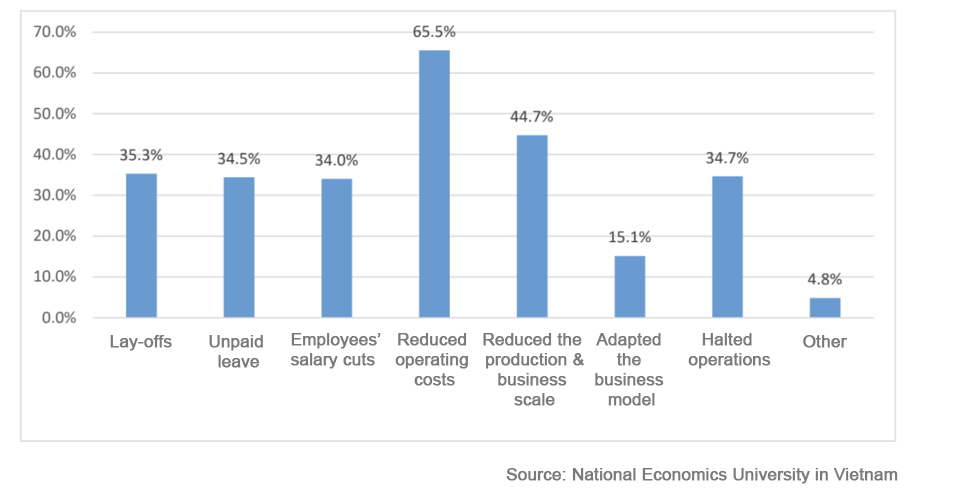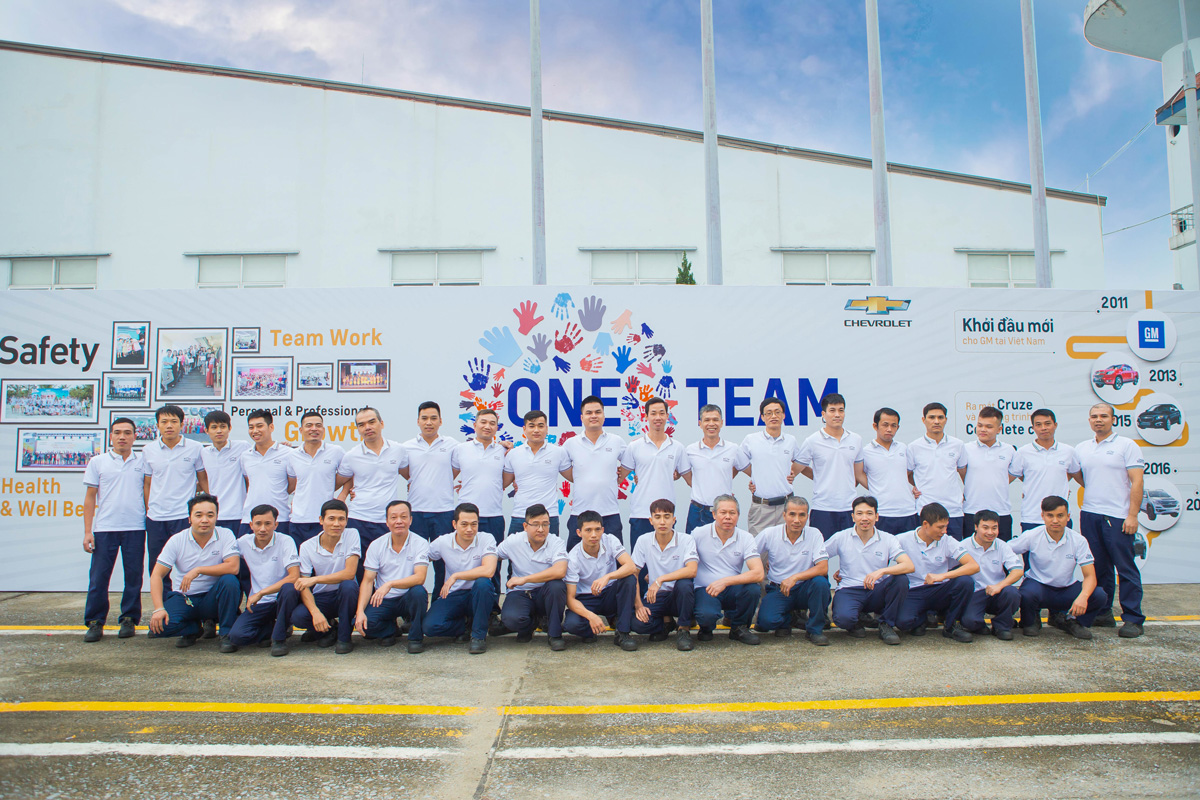In the midst of the crisis, while facing complicated challenges related to human resources issues, enterprises that stay quiet without issuing any clear statement could easily encounter misunderstanding by their own workers. Silence at this stage will never be a wise choice of business leaders.
KEEPING COMPLETE SILENT DURING THE CRISIS OF COVID-19, YOUR BUSINESS RISKS LOSING CREDIBILITY WITH CUSTOMERS AND THE PUBLIC
The COVID-19 pandemic is posing significant operational challenges to nearly all types of businesses, particularly complex issues related to human resources (HR).
As a result of the social distancing policy, imposing mobility restrictions and limiting face-to-face contacts have driven various businesses to restructure their operational systems. While indefinitely postponing ongoing recruitment procedures, these enterprises are inevitably resorting to undesirable measures, such as pay cuts, layoffs, unpaid leave, furlough rotation or even firings.
According to a recent survey conducted by the National Economics University in Vietnam[1], businesses have responded to the negative impacts of the pandemic with specific solutions: 65,5% of the companies in Vietnam reduced operating costs; 35,3% undertook downsizing; 34,0% cut their employees’ salaries while 34,5% imposed unpaid leave to their staff; 44,7% reduced their production and business scale; 34,7% decided to halt operations until the pandemic is over and 15,1% adapted their business model in response to the emerging situation (See the graph below).

Apparently, such responses would never have been made desirable by any businesses if there were no crisis like this one. Moreover, it is even more difficult for business leaders to inform their staff about their decisions on those ‘painful’ measures. The common threat that every enterprise is facing could easily lead to anxiety among its employees, even those that are considered the best, because what they have heard of is only rumours instead of an official statement from their own organisations.
In such context, the managers have no choice but to step forward and speak up on behalf of the whole organisation. To handle this issue of crisis communication, ‘press releases’, which usually serve as announcements or statements of an enterprise, are the best remedy.
Top executives could use press releases to publicly announce the current situation and financial challenges that their businesses face as well as to explain about the difficulties in any decision that have been made regarding human resources. Press releases can also be used to share empathy with all staff by announcing CEOs’ voluntary acceptance of pay cuts. Such gestures will definitely help business leaders gain trust and credibility among their employees.
More importantly, by speaking up at the right time, an enterprise can publicly and officially inform its staff of upcoming HR-related decisions, hence clearly demonstrating its commitment to employee rights protection amid such turbulent economic situations like this.
DOES SILENCE MEAN INSENSITIVITY? HOW TO AVOID BEING CONSIDERED AS INSENSITIVE IN THE MIDST OF COVID-19?
At CREATIO, we have consolidated a number of lessons learnt for enterprises dealing with crisis communication. To avoid being slammed as insensitive by staff, here are 3 simple yet extremely practical moves that business leaders could spearhead right now without any additional fee:
Tip 1. Corporate culture communication
This is a critical period of time that the cultural values of an enterprise should be highlighted so that its employees can be more understanding, respectful and supportive of any decisions made by their own organisation in the event of a crisis. As human resources is always the most invaluable asset in a company, businesses can emphasise making its staff as the top priority. If an enterprise loses all of its best employees during this crisis, recovering the whole business afterwards would become the toughest task of all.
Tip 2. Internal newsletters
Newsletters should be internally sent out to all staff on a regular basis (up to twice per week) on various topics, including latest updates on the current situation of the enterprise, new policies, staff health conditions and market trends. At the same time, top executives should be straightforward and open to their employees by using multiple channels of direct conversations, therefore, the employees can have a deeper understanding of the current challenging situation as well as potentially claim their fair share of financial burdens that their companies carry. This can be done through setting up a ‘crowdfunding-like’ form on the newsletter where employees can express their willingness to donate a certain percentage of their salary to the entire business budget.
Tip 3. Executive social visibility
It is highly recommended that top executives of big companies should try to be friendly, approachable and sincere on their personal social media pages where they can regularly share their own thoughts and opinions as well as business values that they believe. The appearance and speech of the captain will ease the escalating uncertainty, tension and anxiety and bring about necessary reassurance.
ABOUT CREATIO
Established in 2011, CREATIO has proven its position and expertise in the industry of creative communications solutions consultancy. With a broad range of services from event management, branding design and production, to content marketing and PR distribution, CREATIO has the privilege to serve more than 120 clients worldwide, from a singular design concept to year-long integrated communications campaigns. In particular, between June and November 2019, in GMV-Vinfast M&A change resilience, CREATIO had carried out a series of activities in employee engagement activities, mental health training, honouring long-service employees/last car built... with the coherent and consistent message throughout: One GMV - One Team.





